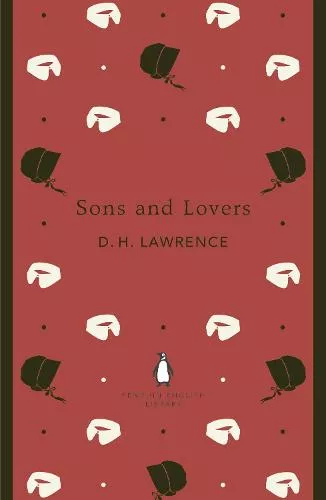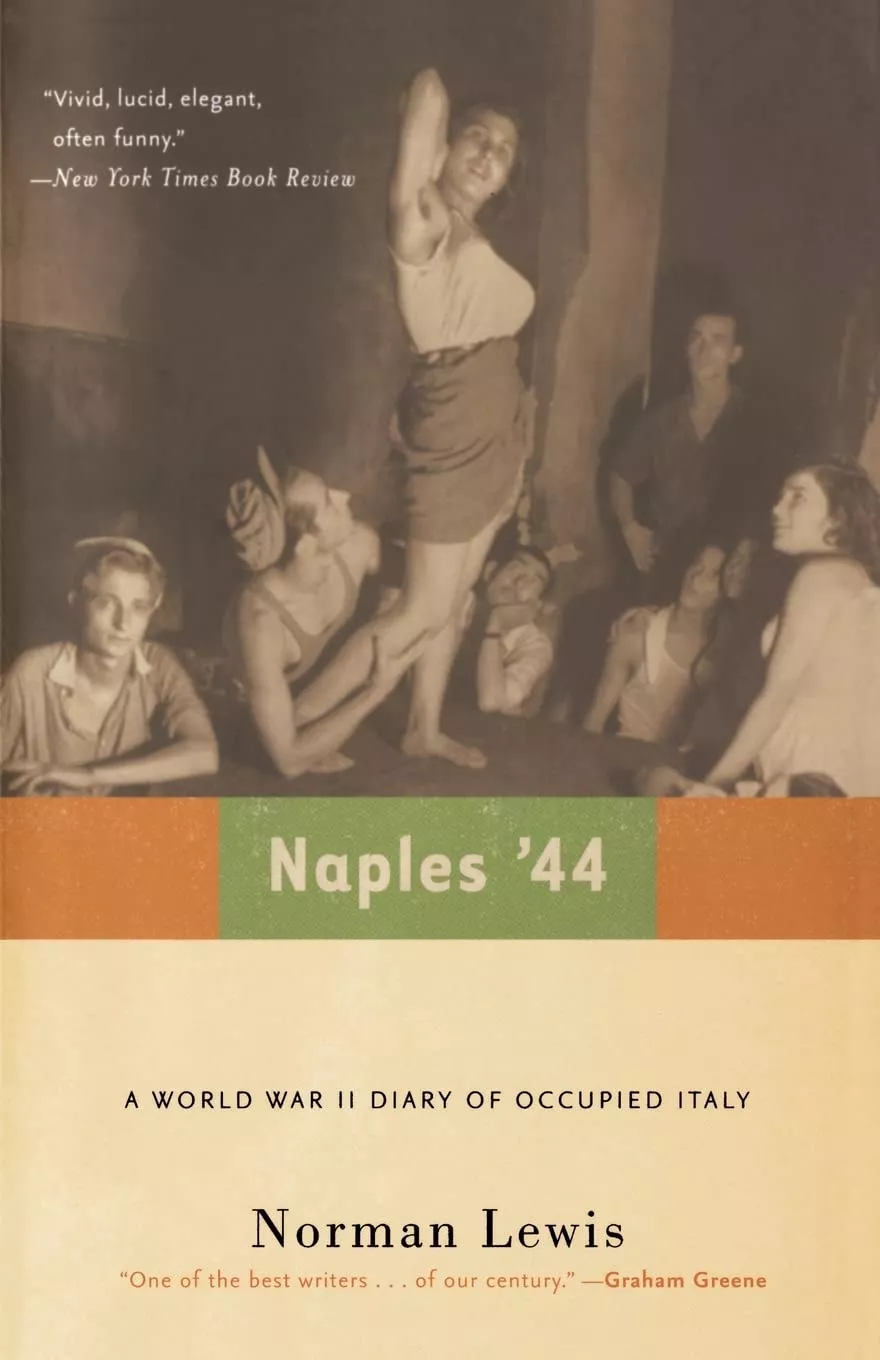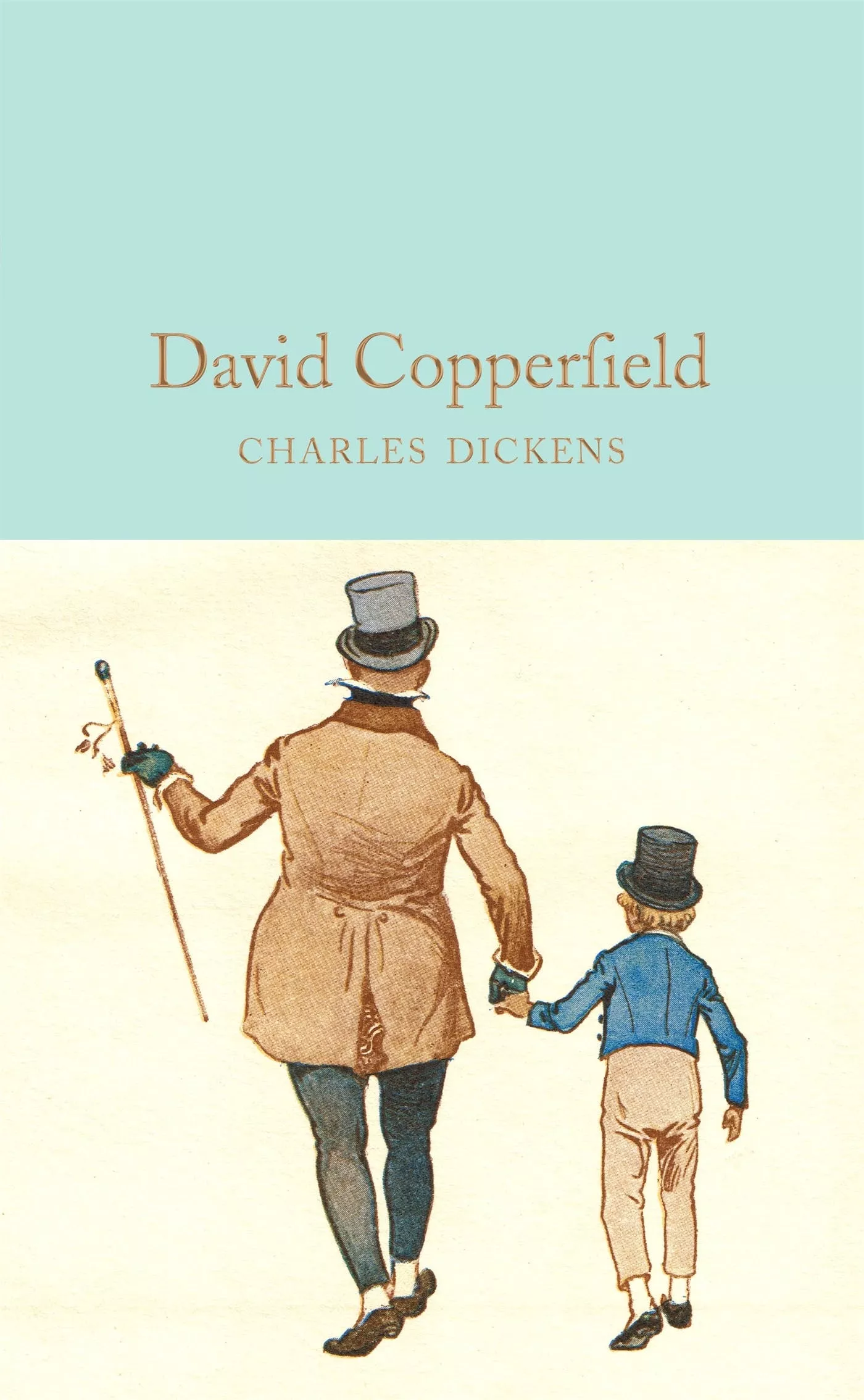Deemed by Dickens as his 'favourite child', David Copperfield is the most autobiographical of Dickens' novels. In it, the protagonist recounts his life from his childhood to the discovery of his writing talent and eventual success as a novelist. Populated with an unforgettable cast of characters, this Bildungsroman is a classic for the ages.
Recommendation

Recommendations from
Sebastian Faulks
Sebastian Faulks is a best-selling British journalist and novelist, best known for his French trilogy including The Girl at the Lion d’Or (1989), Birdsong (1993), and Charlotte Gray (1998), which was adapted into a film starring Cate Blanchett. His latest novel, Snow Country, was published in 2021.
2
Sons and Lovers
By D. H. Lawrence

The marriage of Gertrude and Walter Morel has become a battleground. Repelled by her uneducated and sometimes violent husband, delicate Gertrude devotes her life to her children, especially to her sons, William and Paul - determined they will not follow their father into working down the coal mines. But conflict is evitable when Paul seeks to escape his mother's suffocating grasp through relationships with women his own age. Set in Lawrence's native Nottinghamshire, Sons and Lovers is a highly autobiographical and compelling portrayal of childhood, adolescence and the clash of generations.
3
1984
By George Orwell

Winston Smith works for the Ministry of Truth in London, chief city of Airstrip One. Big Brother stares out from every poster, the Thought Police uncover every act of betrayal. When Winston finds love with Julia, he discovers that life does not have to be dull and deadening, and awakens to new possibilities. Despite the police helicopters that hover and circle overhead, Winston and Julia begin to question the Party; they are drawn towards conspiracy. Yet Big Brother will not tolerate dissent - even in the mind. For those with original thoughts they invented Room 101. . . First published in 1949, 1984 is George Orwell's terrifying vision of a totalitarian future in which everything and everyone is slave to a tyrannical regime.
4
Naples ’44
By Norman Lewis

As a young intelligence officer stationed in Naples following its liberation from Nazi forces, Norman Lewis recorded the lives of a proud and vibrant people forced to survive on prostitution, thievery, and a desperate belief in miracles and cures. The most popular of Lewis's twenty-seven books, Naples '44 is a landmark poetic study of the agony of wartime occupation and its ability to bring out the worst, and often the best, in human nature. In prose both heartrending and comic, Lewis describes an era of disillusionment, escapism, and hysteria in which the Allied occupiers mete out justice unfairly and fail to provide basic necessities to the populace while Neapolitan citizens accuse each other of being Nazi spies, women offer their bodies to the same Allied soldiers whose supplies they steal for sale on the black market, and angry young men organise militias to oppose 'temporary' foreign rule. Yet over the chaotic din, Lewis sings intimately of the essential dignity of the Neapolitan people, whose traditions of civility, courage, and generosity of spirit shine through daily. This essential World War II book is as timely a read as ever.
